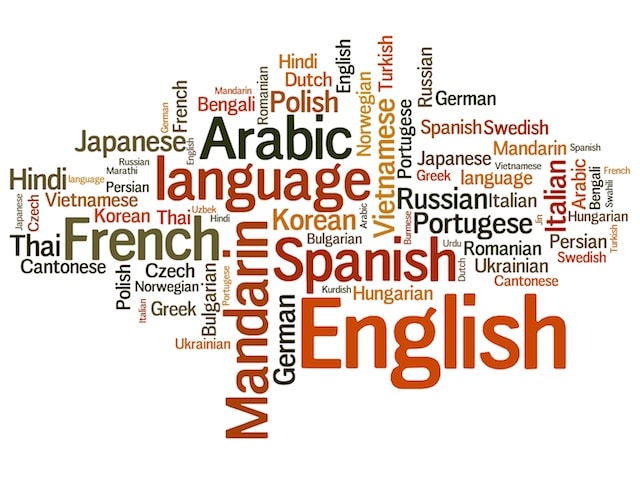FINNISH LANGUAGE
Understanding The Finnish Language & Providing Professional Finnish Interpreters, Translators and Transcriptionists
American Language Services (AML-Global) understands the importance of working in the Finnish language. For over a Quarter of a Century, American Language Services has worked with the Finnish language as well as hundreds of others from around the world. We offer comprehensive language services 24 hours, 7 days a week worldwide by providing Finnish interpreting, translation and transcriptions services along with hundreds of other languages and dialects. Our linguists are native speakers and writers who are screened, credentialed, certified, field tested and experienced in a number of specific industry settings. The Finnish language is unique and has very specific origins and characteristics.
Finnish in Finland and Sweden
The Finnish language is spoken in the Northern part of Europe mainly in Finland and in parts of Norway and Sweden. Finland is a country composed of lakes and islands and it was historically a part of Sweden. Finland’s declaration of independence from Russia in 1917 was followed by a civil war, wars against the Soviet Union and Nazi Germany, and a period of official neutrality during the Cold War. Finland joined the United Nations in 1955 and the European Union in 1995 and it is ranked the second most stable country in the world based on a survey that evaluated social, economic, political, and military indicators. Finland, world renowned for its high level of competitiveness, has good results in high-technology manufacturing, public education, health care, the rate of GDP growth, and the protection of civil liberties. Most Finns are members of the Evangelical Lutheran Church of Finland with approximately 4.3 million members. The Evangelical Lutheran Church of Finland is one of the largest Lutheran churches in the world, although its membership is on the decline. Finnish family life is centered on the nuclear family. Relations with the extended family are often rather distant, and Finnish people do not form politically significant clans, tribes or similar structures. According to UNICEF, Finland ranks fourth in the world in child well-being. As a result of Swedish and Russian rule, cultural influences are still notable. Today, cultural influences from North America, Asia, and Africa are prominent. Beyond tourism, Finnish youth in particular have been increasing their contact with peoples from outside Finland by traveling abroad to both work and study. One of the most traditional activities characterized by the Finnish culture is cottage life by a lake, often combined with going to sauna, swimming and barbecuing. Many Finns are emotionally connected to the countryside and nature, as urbanization is a relatively recent phenomenon. The Finnish mentality is often characterized by less small talk and more honest and straight forward types of communication compared to other cultures. There are still differences between regions, especially minor differences in accents and vocabulary. Minorities, such as the Sami, Finland Swedes, Romani, and Tatar, maintain their own cultural characteristics.
Finnish Origin and Dialects
Finnish, a member of the Finno-Ugric language family most closely related to Estonian, and is one of only four official European Union languages; not of Indo-European origin. The dialects of Finnish are divided into two distinct groups, the Western dialects and the Eastern dialects. The dialects are entirely mutually intelligible and distinguished from each other by only minor changes in vowels, diphthongs and rhythm. For the most part, the dialects operate on the same phonology, grammar and vocabulary. There are only marginal examples of sounds or grammatical constructions specific to some dialect and not found in standard Finnish. Two examples are the voiced dental fricative found in the Rauma dialect and the Eastern excessive case.
The Development of the Finnish Language
Finnish is one of two official languages of Finland aside from Swedish. Most of the Finnish people speak Finnish as their mother tongue. Finnish is a member of the Baltic-Finnic subgroup of the Uralic languages and is typologically between inflected and agglutinative languages. It modifies and inflects the forms of nouns, adjectives, pronouns, numerals and verbs, depending on their roles in the sentence. In practice, this means that instead of prepositions and prefixes there is a great variety of different suffixes and that compounds form a considerable percentage of the vocabulary of Finnish.
Who are You Going to Trust with Your Vital Finnish Language Needs
The Finnish language is an important language worldwide. It is vital to understand the general nature and specific idiosyncrasies of Finnish. Since 1985, AML-Global has provided outstanding Finnish interpreters, translators and transcriptionsts worldwide.
























